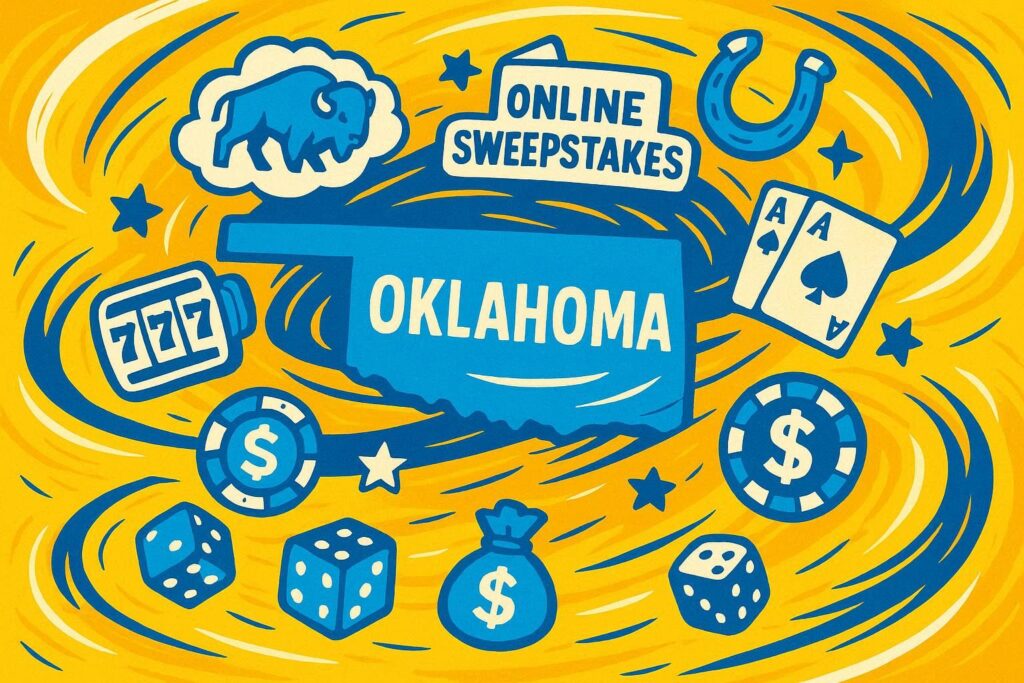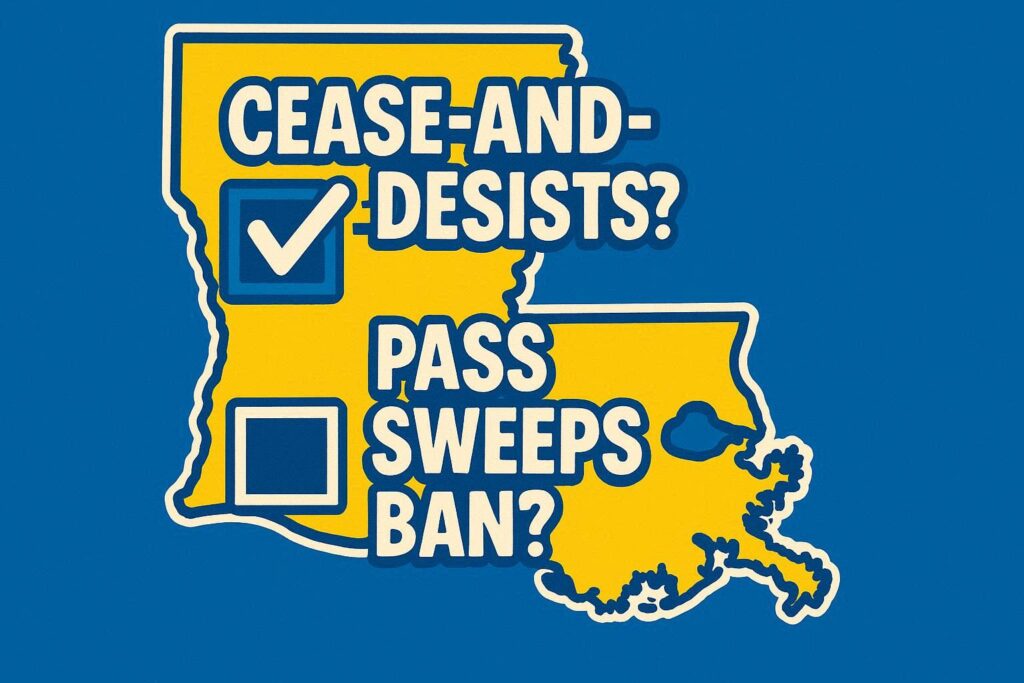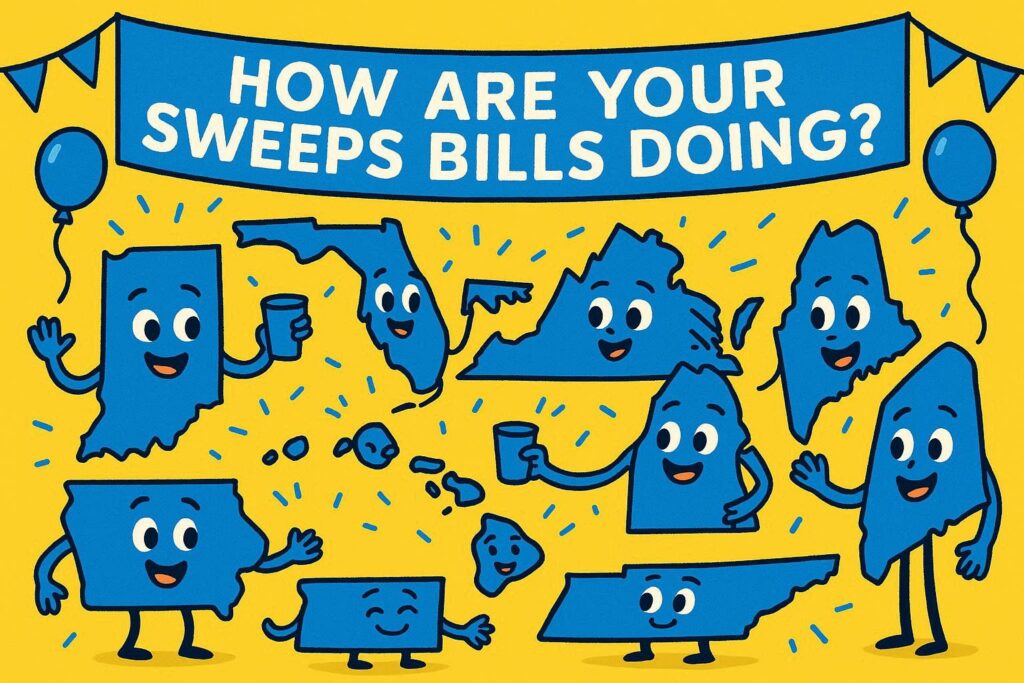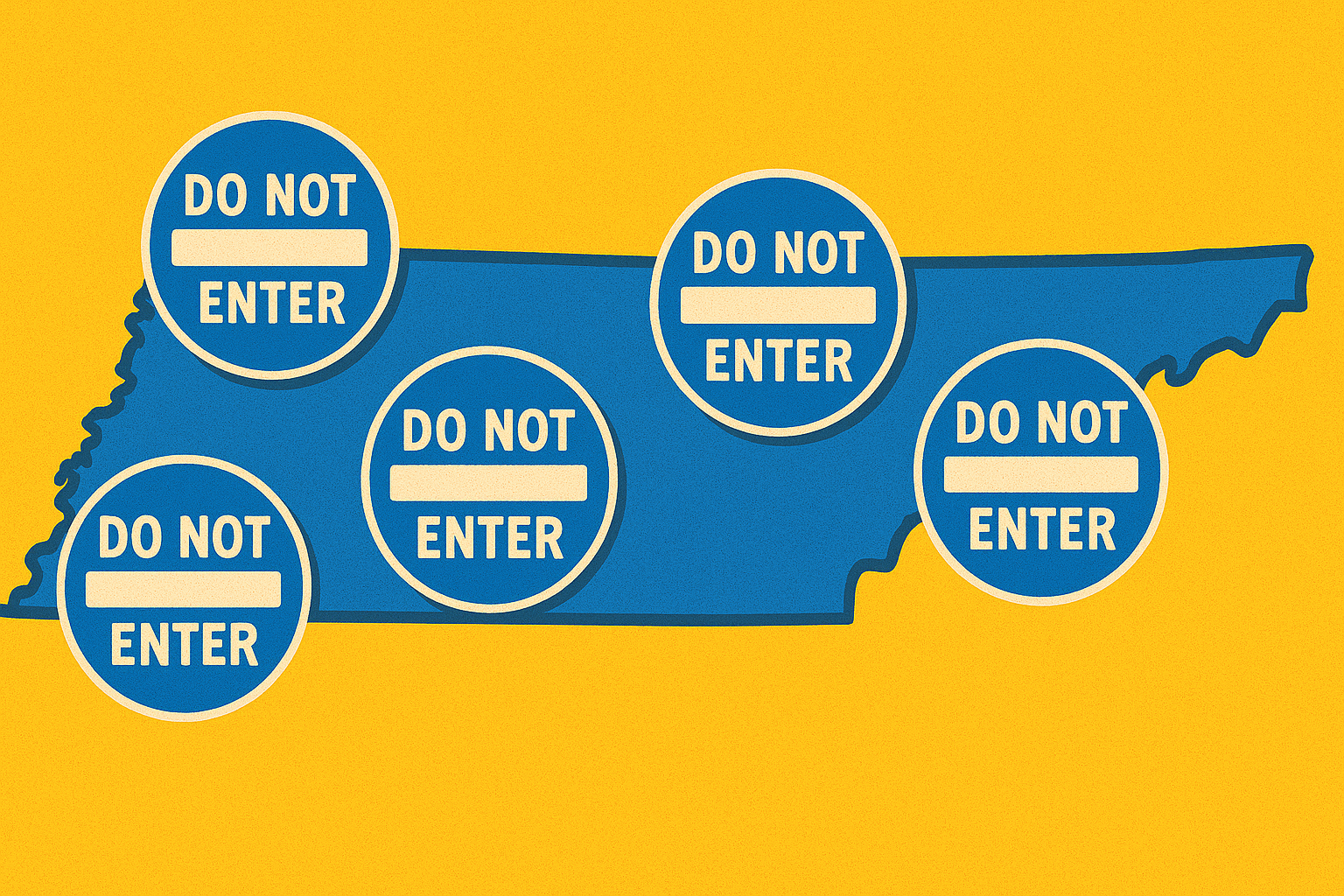A representative of VGW, the sweepstakes gaming operator behind Chumba Casino, LuckyLand Slots, and Global Poker, said their average player spends $25 per week playing games on their sites.
That was one notable takeaway during the Online Social Games Expo, a webinar put on Thursday afternoon by the Social Gaming Leadership Alliance in response to sweepstakes casino representatives being shut out of a discussion on the future of the sweeps industry at next week’s Global Gaming Expo.
The expo featured a 45-minute discussion from Jeff Duncan, the SGLA’s executive director; Bryan P. Schroeder, general counsel for ARB Interactive; Derek Brinkman, executive product advisor for VGW; Paul Foster, director of Yellow Social Interactive; and Eric Wright, tribal administrator of Kletsel Dehe Wintun Nation.
VGW has its own Customer Risk Score Model
During a lengthy chunk of the webinar dedicated to player protection, Brinkman talked about components of VGW’s responsible social gameplay program.
Here are some highlights:
- VGW designed a Customer Risk Score Model that looks at signs of harm to spot players considered high risk.
- Based on a risk-based approach and analysis stemming from that model, customers may go through Enhanced Due Diligence checks, which means they must submit documents showing their funds or wealth, like a tax return or bank statement — again, depending on their risk level.
- At first purchase, every player is verified through a third-party service to confirm they are over 21. Once a customer reaches $2,000 in lifetime spend, a mandatory identity verification is triggered, which requires submission of a valid government-issued ID. However, a player also faces that same ID submission requirement the first time they enact a redemption request, regardless of now much they’ve spent.
“The vast majority of players don’t ever get [to $2,000],” Brinkman said.
According to Brinkman, the average player at Chumba Casino, LuckyLand Slots, or Global Poker spends about $25 per week.
“That is a very different kind of player than a typical real-money casino gambling player,” Brinkman said. “They typically go to a casino with hundreds or thousands of dollars. Our guys are really playing with $25 a week median spend.
“They’re playing in opportunities to play, like waiting in line at the store or they’re watching TV and they’re double-screening, or they’re picking up their kids from soccer practice and they’ve got 15 minutes to kill. That’s the typical kind of player.”
Foster echoed Brinkman, emphasizing how different the customer base is for sweepstakes casinos compared to real-money casinos — and, thus, how the spending habits differ as well.
“When we talk about player protection on all our platforms, they are entertainment. Let’s be honest. People aren’t on there for six hours like a gambling site,” Foster said. “People are coming on usually for 15 minutes or 20 minutes. They’re having a playthrough. They’re having fun. They’re using their free coins. And, therefore, when we’re looking at player protection, people have to understand that they are not playing to the level that you would expect on a gambling site. And this is one of the big differences of our industry. We are pure entertainment. We’re free to play.
“It is all about fun and entertainment. That is a key thing here.”
Claims sweeps casinos target minors are ‘completely wrong’
One of the most common arguments stakeholders have made against sweeps casinos is that they don’t employ proper age verification and, thus, are prime candidates to target underage players and create underage gambling addiction.
That theme was one emphasized in a TV commercial funded by the Yuhaaviatam of San Manuel Nation during the battle to get Assembly Bill 831, which bans sweeps casinos, passed in the California Legislature. (It passed unanimously and now sits on Gov. Gavin Newsom’s desk for him to approve or veto.)
Foster called those claims “completely wrong.”
“I really wouldn’t be here today and involved in this area if we thought that we were going to harm minors or even attract minors,” he said. “It’s not what we do. It is adults. It is age-verified. We have a lot of player protection controls around it. We use a lot of third-party software that is very strong. And we believe that we’re setting the highest standard.”
‘This isn’t a tick box’
As far as age verification, Foster said all SGLA members — which include Pulsz (owned by Foster’s Yellow Social Interactive), VGW sites, Modo Casino (owned by ARB Interactive), and B-Two Operations sites (such as McLuck and Hello Millions — require higher standards than those employed by the social casino companies, such as Light & Wonder, calling for their bans.
SGLA members are 21-plus sites. Most of the sweeps industry is still 18-plus, which is the same as Light & Wonder social casinos, but Foster said “we are really working to bring the entire industry up to our standards.”
“We believe that is where it should be,” Foster said. “We really want to focus on that. If our critics have sites themselves and they’re not doing it, that’s up to them. But we want to be the best and that’s what we’re trying to do.”
So, how do SGLA members handle age verification?
“You have to prove [you’re 21],” Foster said. “This isn’t a tick box that you say, ‘Yes, I’m 21 or over.’ What we do is we have full age verification, and we have the highest standards of age verification. It is far beyond normal everyday checks that some other social platforms use. You have to verify that you’re over 21, and that is with a form of ID, driver’s license, passport. Also, some of the sites require you to take selfies to prove it’s actually you, next to your ID.
“When the ads are coming out accusing us of targeting minors, it’s completely wrong because we want adults. We want adults to have good entertainment and to enjoy themselves. If you’re going to make a purchase, we want to know that you’re above 21, not just that you have a credit card. We really do push this very hard.”
Duncan noted that many social casino apps only require players to check a box confirming they are 18 or older.
As far as SGLA members, “only adults can play,” Duncan said.









